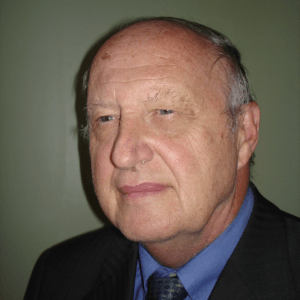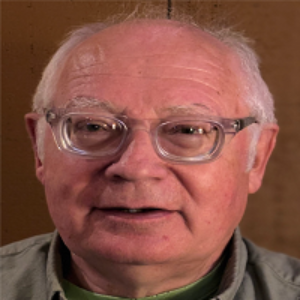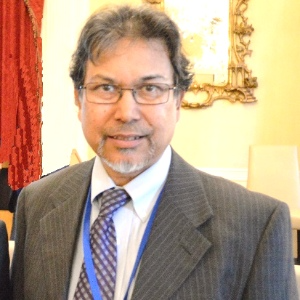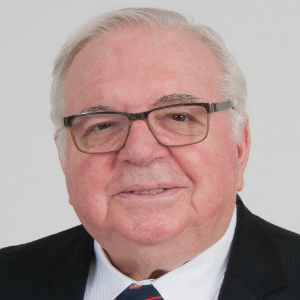In the pursuit of optimizing energy utilization, nanofluids have emerged as a key player in enhancing heat transfer performance. These nanocomposite fluids, consisting of nanoparticles dispersed in a base fluid, exhibit exceptional thermal conductivity and convective heat transfer capabilities. The incorporation of nanomaterials, such as metallic or oxide nanoparticles, into traditional heat transfer fluids results in a significant improvement in thermal properties, making nanofluids a promising solution for diverse applications. One of the compelling applications of nanofluids is in the field of solar energy. Nanofluids act as efficient heat transfer fluids in solar collectors, increasing the overall efficiency of solar thermal systems. The enhanced heat transfer properties of nanofluids contribute to improved energy conversion rates, making them an attractive option for harnessing solar power. Moreover, nanofluids have garnered attention in the realm of sustainable energy production. Their ability to enhance heat transfer efficiency in various systems, including geothermal and nuclear power plants, showcases their potential to contribute to a more sustainable and energy-efficient future. As research continues to explore new nanomaterial formulations and manufacturing techniques, nanofluids are poised to play a crucial role in advancing the frontiers of energy-efficient technologies.

Ephraim Suhir
Portland State University, United States
Thomas J Webster
Interstellar Therapeutics, United States
Robert Buenker
University of Wuppertal, Germany
Will Skene
Montreal University, Canada
Valeriy A Buryachenko
Micromechanics & Composites LLC, United States
Anis Rahman
Applied Research & Photonics, Inc, United States
Will Skene
Montreal University, Canada
Robert Guidoin
Laval University, Canada
Robert Buenker
University of Wuppertal, Germany


Title : Introducing picotechnology: An exciting extension of nanotechnology
Thomas J Webster, Interstellar Therapeutics, United States
Title : The failure of both einsteins space-time theory and his equivalence principle and their resolution by the uniform scaling method
Robert Buenker, University of Wuppertal, Germany
Title : Material challenges with proton conducting ceramics for intermediate temperature hydrogenation/dehydrogenation applications
Saheli Biswas, Commonwealth Scientific and Industrial Research Organisation, Australia
Title : Porphyrin layers at metal-electrolyte interfaces monitored by EC-STM and CV
Marek Nowicki, University of Wroclaw, Poland
Title : Color control of electrochromes by structural modification
Will Skene, Montreal University, Canada
Title : Make experiments more efficient: Two simple and powerful approaches. Mg2Si growth for photovoltaic and thermoelectric applications
Alexander S Gouralnik , Institute of Automation and Control Processes, Russian Federation
Title : Reconfigurable antenna structures using tunable materials
Nasimuddin, Institute for Infocomm Research, Singapore
Title : (0, 1 and 2) Dimensional hybrid architecture of the synthesized materials leads the smart sensing of the gaseous species at low/room temperature
D R Patil, North Maharashtra University, India
Title : Enhanced grain refinement, precipitates regulation, and improved mechanical properties of cast Al-Li alloy by Ti addition and heat treatment
Lixiong Shao, Shanghai Jiao Tong University, China
Title : Broadband sound attenuation of shape memory polymer with triangular-honeycomb unit cell metamaterial structural design
Musaab Ejaz, Universiti Teknologi PETRONAS (UTP), Malaysia